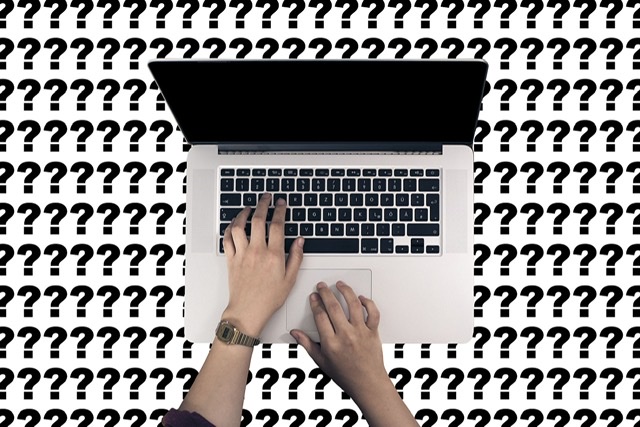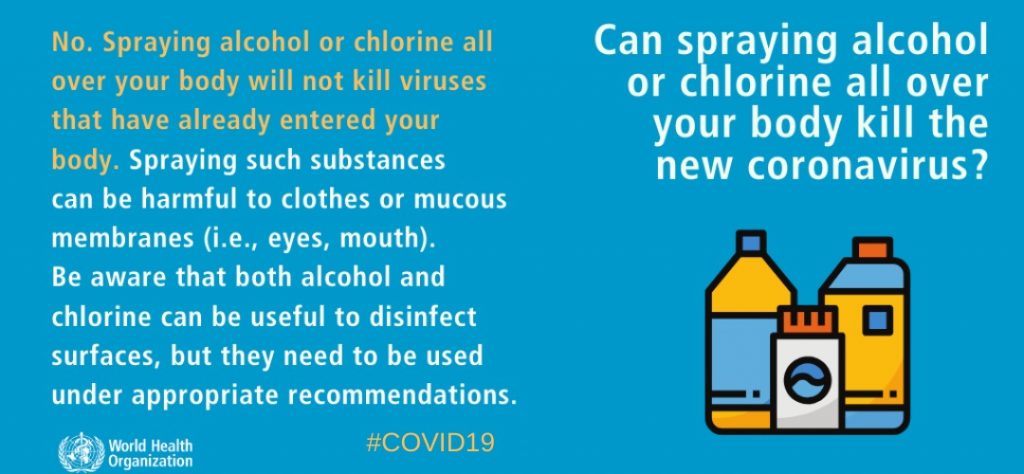
Table of Contents
Research projects into misinformation
A new research project from the Reuters Institute is exploring how the British public receives its information on COVID-19.
Funded initially for eight months, the study will “analyse how the British public navigates information and misinformation about coronavirus and how the government and other institutions are responding to the pandemic.”
It will be funded by The Nuffield Foundation and involves amongst others the University of Liverpool and the Oxford Internet Institute. Its project advisory board includes representatives from the Winton Centre for Risk and Evidence Communication at the University of Cambridge, OFCOM’s Making Sense of the Media Project, the Nuffield Foundation and Full Fact.
According to the initial scope of the project, it will explore and analyse four main questions. It lists these as:
- How people find information about coronavirus and about responses to it
- What sources of information they find the most credible, and whether they are concerned about misinformation
- How knowledgeable people are about basic facts about the virus
- How people are responding to the pandemic on the basis of this information
(quoting from the Reuter’s announcement)
This will prove to be useful reading for all involved in communicating public health information. The study will publish reports on the Reuters Institute website after every phase to help aid wider understanding. A more detailed peer-reviewed report will be published after the study has completed.
How the public gets information about COVID-19 – study April to December 2020.
Related and linked research
Navigating the ‘infodemic’ article, published 15 April 2020. This explores ‘how people in ’six countries access and rate information about coronavirus’.
Types, sources and claims on COVID-19 misinformation, 7 April 2020.
Fact sheet on the types of COVID-19 misinformation – Reuters Institute.
The latest research project by the Reuters Institute will complement the work on misinformation in science and media which began in 2017. That research involves the Oxford Internet Institute and the Reuters Institute for the Study of Journalism. It examined the ‘interplay between misinformation campaigns, news coverage, and platform companies in public understanding of science and technological innovation.’
Fact checking initiatives
Global checkers
The #CoronavirusFactAlliance brings together more than 100 fact checkers globally from publishing and translation areas. Launched in January 2020 in response to the level of misinformation it reported was already in circulation. It is led by the Poynter Institute’s International Face-Checking Network (IFCN).
How fact checkers are fighting coronavirus misinformation worldwide, 31 March 2020.
Infodemic
In April 2020, the World Health Organization’s (WHO) Director General classed the problem as an ‘Infodemic’.

More on how WHO is working with social media organisations to tackle misinformation and myths – Tackling misinformation section in the Resource for Communicators from the Chartered Institute of Public Relations Public sector group.
SHARE
Evaluate information before sharing
In the UK, you can report misinformation on the SHARE CHECKIST website run by the Cabinet Office https://sharechecklist.gov.uk/
In its advice to the public, the Government reminds the public: “Just because a story appears online, doesn’t make it true. The internet is great, but it can also be used to spread disinformation in the form of misleading news and content.” The site features a SHARE checklist which can be used to evaluate information before individuals share, like or comment on it.
- Source
- Headline
- Analyse
- Retouched
- Error
The site also has includes tools, games and websites to help the public better understand and spot disinformation.
In addition, the UK Government has set up a ‘counter disinformation unit’. It has representation from different departments across Whitehall to identify and respond to disinformation about COVID-19. It is also working with social media organisations to try and tackle the spread of disinformation.
A Parliamentary Inquiry in the UK was collecting evidence of fake news On coronavirus and COVID-19 from the public and media. The Online Harms and Disinformation Inquiry collected submissions until 20 April 2020 and is analysing the materials.
The Department of Culture, Media and Sport (DCMS) Sub-committee on Online Harms and Disinformation will hold hearings with social media companies and others to understand what approaches are being taken to ‘tackle deliberate attempts to present false narratives about COVID-19.’